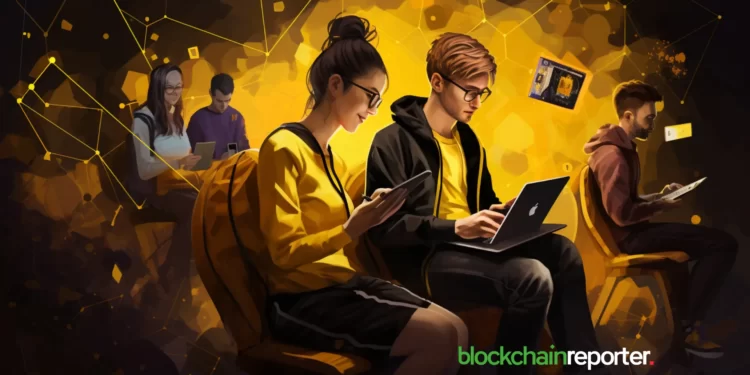Today, KIP Protocol and Open Campus, with co-development partner Kambria, announced the upcoming launch of Open Campus U (OCU): A Decentralized AI-Powered Learning Solutions Ecosystem.
The initiative is a milestone of mainstream educational services integrating blockchain technology for affordable high quality personalized education and educator empowerment.
The Dawn of Decentralized Education
The strategic partnership between KIP Protocol, which is notorious for its blockchain breakthroughs and Open Campus U, an early education technology firm, seeks to change the face of traditional education.
Open Campus U is set to launch in Q3 2024 and has been created as an all-encompassing platform for academic bodies and lone teachers keen on delivering blockchain and AI courses. It will not only help in creating and managing digital educational content but also to successfully distribute and monetize it.
The new, decentralized AI technology from KIP Protocol will significantly improve the ability of OCU to offer customization in training. This method individualizes education for students, promoting increased engagement and effectiveness.
On top of this, the platform is designed in a way that educators can convert their pedagogical knowledge and materials to capital, owning and having earnings from their work.
Empowering Educators and Students with AI
Perhaps what is most fascinating about OCU, is how KIP Protocol has merged with the platform by creating an industry leading cutting edge solution – “KnowledgeKeys” — a game changing opportunity where educators can create and command their AI-driven content entirely on their own terms with full digital property rights.
This capability would change how digital age consumers experience knowledge and its value, creating more opportunities for educators to engage with and monetize their expertise.
In addition, Open Campus U will provide a variety of tools that allow users to experience educational content with new methods. For instance, AI-powered chatbots can serve as tutors in the form of personal tutors available 24/7 to guide students through difficult subjects.
This has not only made the process of learning more interactive as well as responsive, but has also helped in reducing the gap among the diversity of learning types as well as paces.























